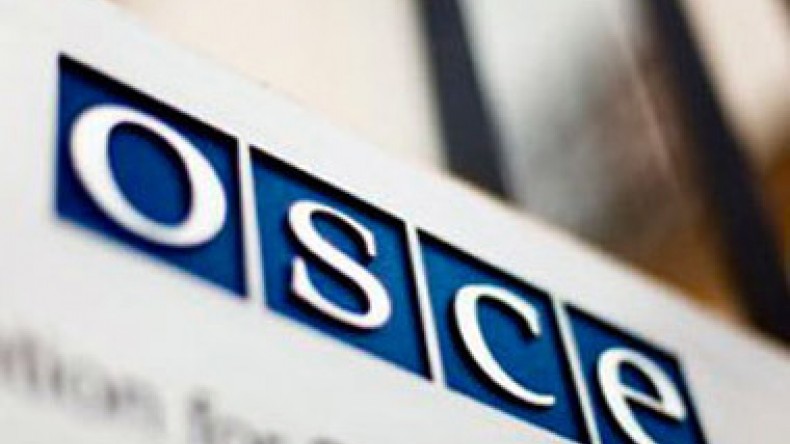
OSCE/ODIHR issues first interim report on Armenian presidential election
The Election Observation Mission of the OSCE Office for Democratic Institutions and Human Rights (ODIHR) has issued its first interim report on the February 18 presidential election in Armenia, posted on the OSCE official website.
“In line with constitutional provisions, on 8 December 2012 the Central Election Commission (CEC) announced that scheduled presidential election will be held on 18 February 2013. Following aninvitation from the Prime Minister, the OSCE Office for Democratic Institutions and Human Rights (OSCE/ODIHR) established an Election Observation Mission (EOM) on 10 January. The EOM, led by Ambassador Heidi Tagliavini, consists of a 13-member core team based in Yerevan and 24 longterm observers who were deployed on 16 January to ten locations across the country. The EOM members are drawn from 21 OSCE participating States. OSCE/ODIHR will request participating States to second 250 short-term observers to observe voting, counting, and tabulation of results on election day,” the report said.
“The most recent parliamentary elections were held in May 2012,” the report said.
“The OSCE/ODIHR EOM observed the 2012 parliamentary elections and concluded in its final report that the elections “were characterized by a competitive, vibrant and largely peaceful campaign, which was, however, marked by a low level of confidence in the integrity of the process.
Following the parliamentary elections, a working group composed of government and other state representatives was established by presidential decree.2 The group was tasked to explore the recommendations offered in the OSCE/ODIHR EOM Final Report and by other observer organizations, and to put forward an action plan for their implementation. The results of the group’s work were presented to the OSCE/ODIHR in October 2012, which recommended that fundamental aspects of the legal framework should not be amended so close to the upcoming election,” the report said.
“The electoral legal framework underwent significant reform in May 2011, when a new Electoral Code was adopted. The upcoming election is the first presidential election that will be held under this Code. The OSCE/ODIHR and the Council of Europe’s European Commission for Democracy through Law (Venice Commission) have assessed the Code as comprehensive and providing a sound basis for the conduct of democratic elections.
At the same time, while the new Code addresses a number of previous recommendations offered by the OSCE/ODIHR and the Venice Commission, there are still areas where it could benefit from improvement,” the report said.
“There are 96 television channels, including 6 with nationwide coverage, 20 radio companies, some 90 print publications and numerous online media. Television is the most important source of information, especially outside of Yerevan. Public television, H1, has nationwide reach and is considered one of the most influential media outlets,” the report said.
Newsfeed
Videos






























